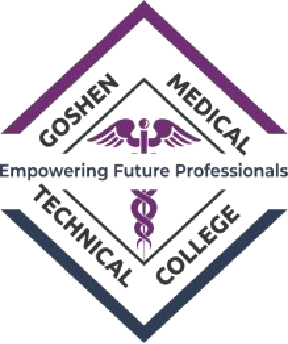This diploma program equips learners with specialized knowledge and practical skills to address one of the most critical public health challenges—HIV/AIDS—while also preparing them for broader community health roles. The curriculum covers HIV prevention, testing, treatment adherence, counseling, stigma reduction, and community-based health interventions. Students also gain training in maternal and child health, epidemiology, health promotion, and disease prevention strategies. The IT component develops learners’ ability to use electronic health records, mobile health (mHealth) applications, program monitoring software, and digital reporting tools. Through a mix of classroom study, community outreach, and practical attachment, graduates are prepared to contribute effectively to the fight against HIV and promote healthier communities.
Benefits of the Course:
Potential Employers:
Graduates are well-suited for roles in:
Self-Employment & Flexibility:
Graduates can establish community health NGOs, wellness and support groups, or consultancy services in HIV prevention and care. With IT integration, they can develop digital health education platforms, mobile HIV awareness campaigns, or virtual counseling services. The transferable skills also allow them to fit into other areas of public health, community development, and social work.
Preparation for Further Studies:
This diploma provides a pathway to degree-level programs in Public Health, Epidemiology, Community Health, or Nursing. Graduates may also specialize further in HIV counseling, global health, reproductive health, or health informatics, advancing their professional and academic careers.
